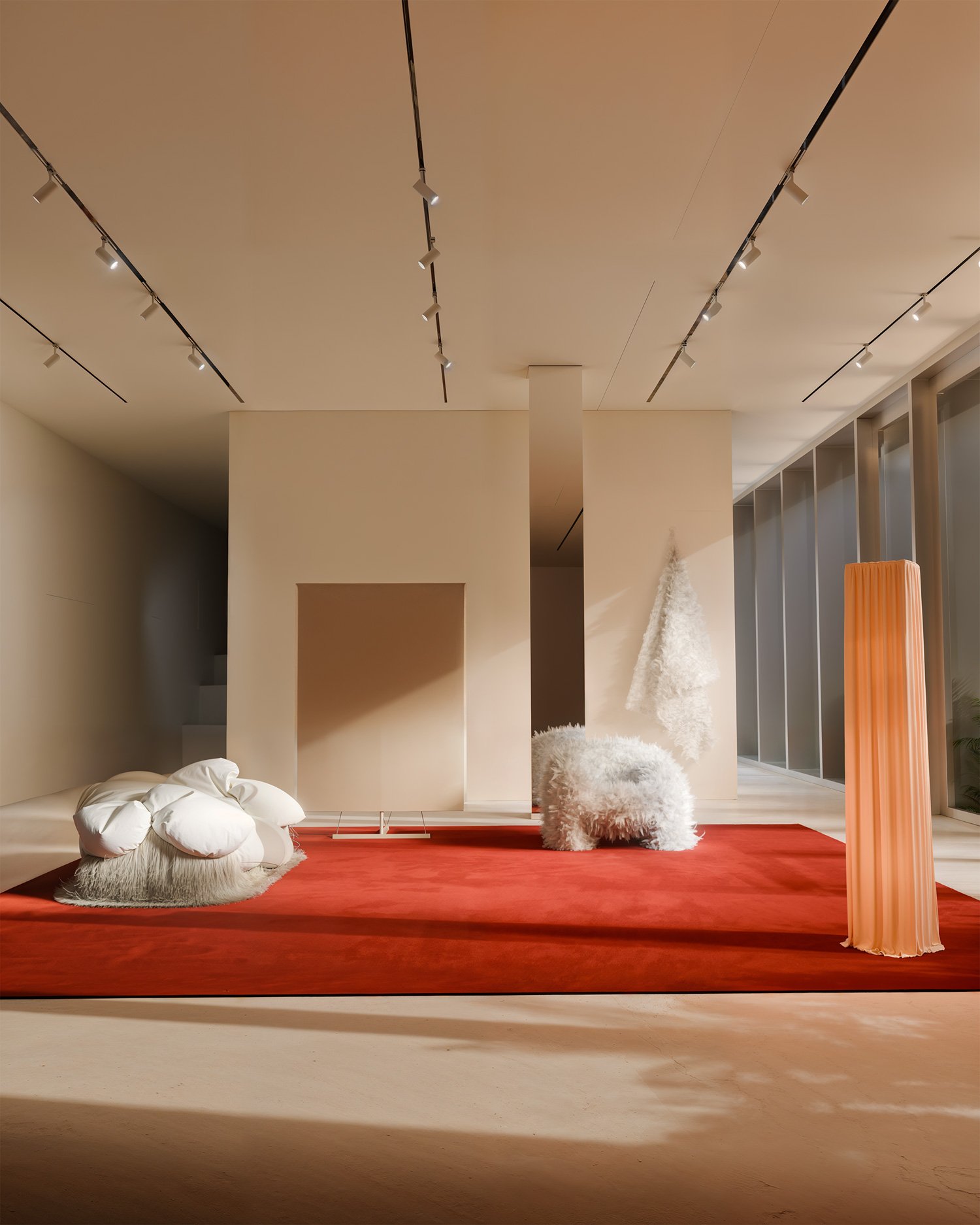From Noble Residence to Art Sanctuary: Discover Vilnius' Sapieha Palace's Artful Revival This April

Tucked away near Vilnius' historic centre, the landmark 17th-century Sapieha Palace will unveil its grandeur once again to the public as an art space this April, following six years of meticulous restoration work.
Built as a summer residency for one of the noble families of the Grand Duchy of Lithuania, the Sapiehas, the palace used to be called the little Versailles.
Sapieha Palace in Vilnius.
Managed by the Contemporary Art Centre, the Sapieha Palace will open its doors to the public on April 12th, showcasing its artistic heritage and wall and ceiling decor. Centuries ago, when guests filled the halls of the Sapieha Palace, art was an integral part of the experience. Today, the newly revived spaces will host exhibitions, educational programmes, concerts, and other cultural and educational events. The Sapieha Palace will welcome visitors with its inaugural exhibition, curated by Virginija Januškevičiūtė and Edgaras Gerasimovičius, entitled Užuovėja (Sanctuary).
Designed by Giovanni Pietro Perti, the baroque estate was built in 1692 as a residence for Casimir Jan Sapieha, a distinguished hetman and revered military strategist of the Grand Duchy of Lithuania. At the end of the 17th century and in the 18th century, the palace served as a luxurious residence for the nobility.
The historic gem, steeped in the rich tapestry of Lithuanian history, has witnessed the comings and goings of governments and the march of Napoleon's army and even served as a sanctuary during times of conflict, operating as a hospital. After thorough research and extensive restoration work, the palace will soon be full of life again.
Interior of Sapieha Palace.
Sapieha Palace has undergone an extensive restoration to preserve its baroque splendour, promising an immersive journey into the past and present. After years of neglect, the building has regained its beauty, now standing as a crown jewel amidst the Church of Sts. Peter and Paul, Sapiegos Park and the thriving Techpark.
The restored Sapieha Palace is a testament to the dedication and vision of those committed to preserving Lithuania's heritage for generations to come. The impressive, restored halls recount a 300-year history. From uncovering hidden frescoes to revealing centuries-old stucco decorations, every detail reflects a labour of love and a commitment to excellence.
Photography by Audrius Solominas





